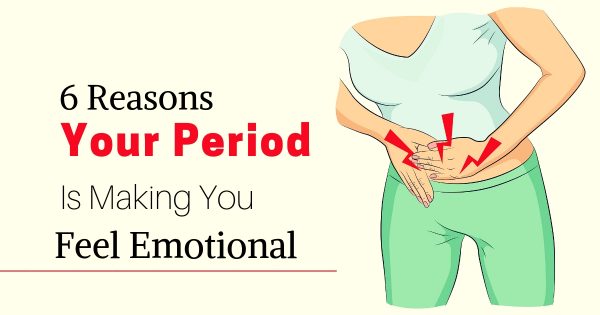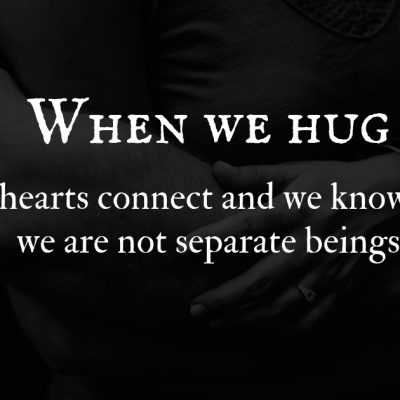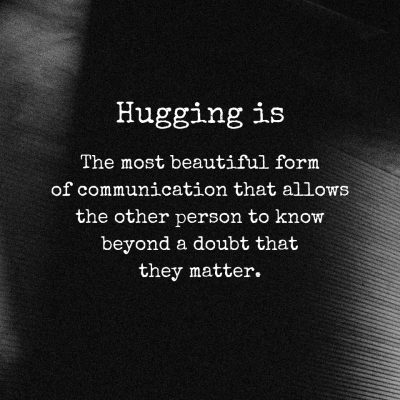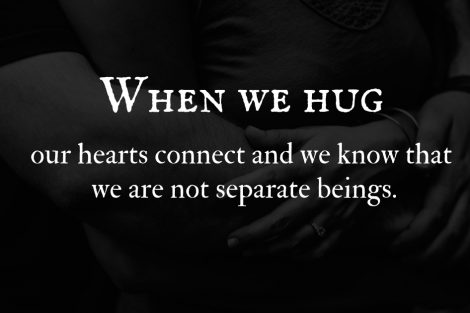Those who have been through it know that PMS (pre-menstrual syndrome) is no joke. According to the American College of Obstetricians and Gynecologists, 85% percent of menstruating women have at least one PMS symptom on a regular basis. So the numbers show that the majority of women are struggling with this each month. Let me stress that: each month.
 Some common PMS signs and symptoms include:
Some common PMS signs and symptoms include:
- fatigue;
- bloating (due to fluid retention);
- acne;
- breast tenderness;
- appetite changes (usually overeating and food cravings);
- weight gain;
- sleep disturbances (insomnia or oversleeping).
As if these weren’t enough, PMS also means women are more emotionally challenged during this period. We may get more sensitive, tearful, more irritable, angry or upset – and definitely more emotional overall. Talking about mood swings. Knowing the reasons behind why we experience these changes can help us navigate the troubled waters with more ease. So here they are:
1. Your hormones are fluctuating wildly
Your hormones are the number one thing to blame, no doubt about that, in particular estrogen. Estrogen is the one you should be thanking for the emotional rollercoaster. It rises slowly before you menstruate, and then drops suddenly. It starts to increase again when your period ends and peaks about two weeks later – it’s all part of the cycle and it’s an indication that you are healthy.
MORE: 9 Major Effects Anxiety Has On Your Body
2. Lower serotonin levels
But hey, it’s not just your hormones. Your wild hormonal activity also have an impact on the chemicals in your brain. What happens is that your serotonin levels drop significantly. Here is how psychiatrist Dr. Julie Holland, author of Moody Bitches, describes the process:
Lower estrogen levels cause serotonin levels to drop precipitously a few days before menstruation, which may be the basis of many PMS symptoms. Low levels of serotonin are implicated in depression, panic disorder and obsessive compulsive disorder … you’re even more physically sensitive to pain than usual, and more emotionally sensitive to criticism. You’re less resilient in the face of stresses and feel sadder, hungrier, and more scared, tearful, and angsty.
That is a lot on our plate. To top it all, dopamine, the feel good chemical, basically disappears when your period starts. So good luck with that!
MORE: The Biggest Ever Orgasm Study Tells Us More About What Women Want
3. You don’t have a balanced diet
Our habits can really make a difference. If we consume processed foods, or lots of sugary stuff, we can expect a physical as well as emotional crush right before our period. It may be hard to resist the cravings, but it is well known that carbohydrates and sugar will increase inflammation and make you feel more emotionally unstable. So watch out.
4. You are not exercising regularly
The same goes for exercising. If you don’t have any proper workout sessions, it will be an even wilder rollercoaster. Exercise can boost your mood, fight bloating, help with digestion and floods your brain with much needed endorphins.
5. You are more sensitive to pain
Studies tell us that your tolerance for pain is at its lowest point during PMS. This may not be a good time for you to go to the dentist. Heads up for singers: PMS can also affect the tone and range of your voice so, if you can, try not to schedule any performances at this time of the month.
MORE: 8 Hidden Signs You Are Suffering From Depression
6. You may have undiagnosed PMDD
If you notice that your mood swings are wilder than usual, there could be something more than PMS. If the symptoms you are experiencing are really affecting your relationships and work performance, you may talk to your doctor about what’s happening. Up to 10% of menstruating women suffer from a disorder called premenstrual dysphoric disorder (PMDD) which often goes undiagnosed.
While you cannot gain full control over your fluctuating moods, you can certainly make some adjustments when it comes to adopting healthier habits. Please share!










